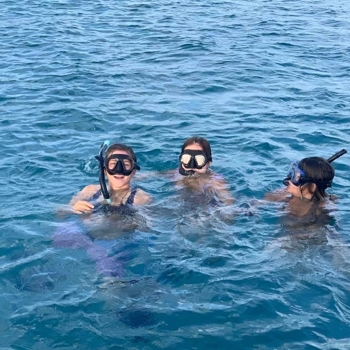#1 Addiction Treatment Center in Palm Beach, FL
Welcome to the Good Life.
Come to The Good Life Treatment Center in Palm Beach, Florida to Review, Renew, & Restore Your Health with High-Quality Addiction Treatment.
Drug & Alcohol Treatment Facility
Trusted Addiction Treatment Professionals in Palm Beach
Welcome to the Good Life! We’re glad you’re here. At The Good Life Treatment Center, we offer the highest quality outpatient treatment South Florida has to offer. This isn’t just due to our innovative treatment techniques — it’s because we understand where you’re coming from and where you can go. We’ve been there, we recovered, and we know you can, too.
We are excited to welcome you to our luxurious facility. Located in North Palm Beach, we are close to the beach and surrounded by nature. In addition to standard programs, we work these natural wonders into our addiction treatment methods. The way we approach recovery is centered on building relationships, striving for success, and fostering complete wellness.
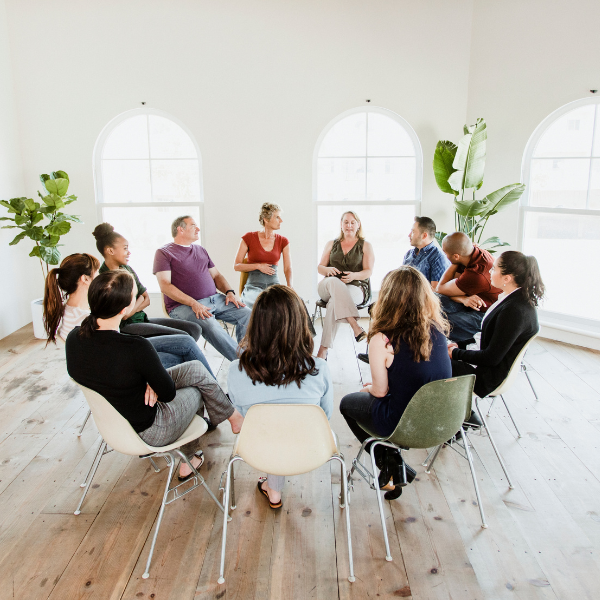
Our Palm Beach County partial day program offers you the benefits of inpatient without the 24/7 stay.
What We Treat
We aim to offer the best individualized addiction treatment in Palm Beach County & beyond with our expert services.

Substance Use
Experience personalized, client-centered substance use treatment in Palm Beach County at The Good Life Treatment Center.

Alcohol Use
Find your personal path to long-term sobriety at our high-quality alcohol rehab in Palm Beach, FL.

Dual-Diagnosis
Our dual-diagnosis treatment program offers you customized care for co-occurring disorders.
Innovative Addiction Treatment
What Makes Us Different From the Rest...
What makes The Good Life Treatment Center the best treatment center for the West Palm Beach area? It isn’t our prime location or our innovative outpatient rehab programs, it’s our team! Every individual on the Good Life staff is a certified professional with a passion for helping people heal. We combine our effective treatment methods with fun, connection, and community. Plus, our team includes people who are in long-term recovery themselves!
We understand what recovery entails, and know what works. Our treatment plans are individualized according to your needs, and will be tailored specifically to your current situation, past experiences with rehab, and other factors. If you want a treatment team that operates with respect, compassion, and expertise, then you’ve come to the right place.

Tour Facilities
Modern Treatment Facilities Designed for Healing.
At The Good Life Treatment Center, we’re more than just another drug rehab in South Florida. We’ve created a safe space where you can authentically discover who you are without addiction getting in the way.

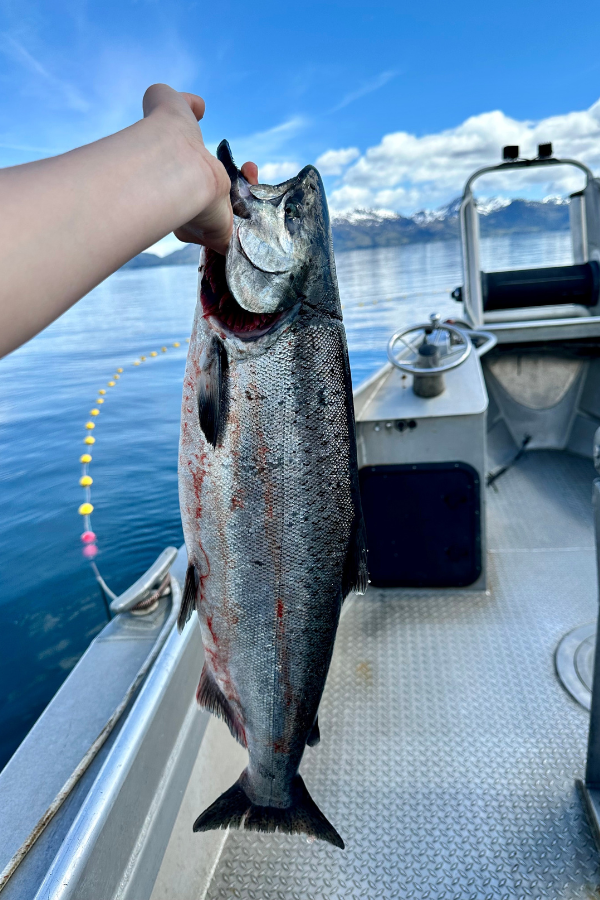
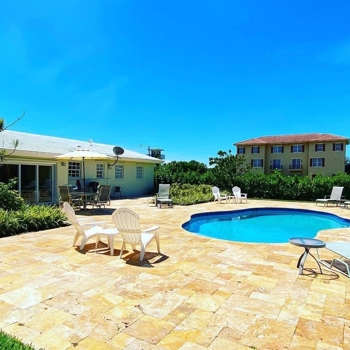

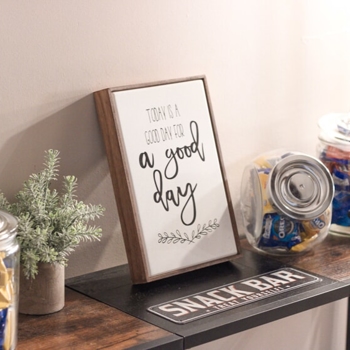
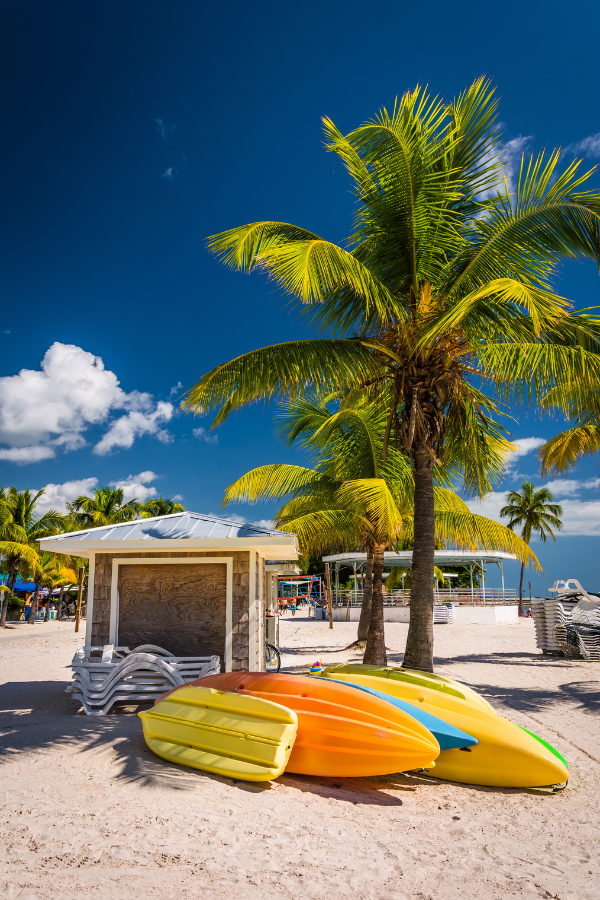
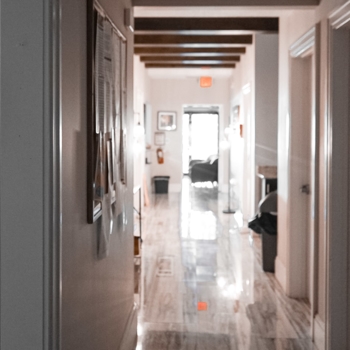

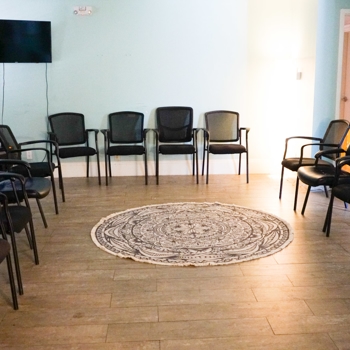



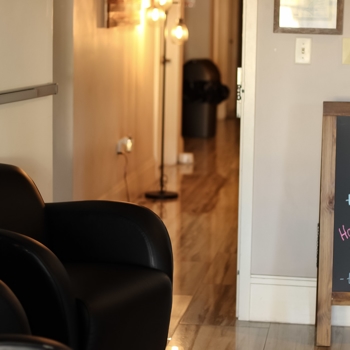
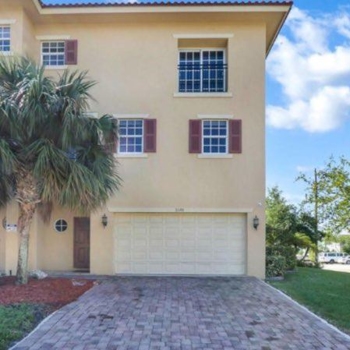

Stories of Hope in Addiction Recovery
What Our Clients Say
With an average rating of 4.8 on Google from over 115+ reviews, The Good Life Treatment Center is your top choice for drug & alcohol addiction treatment in Palm Beach, FL.
Making Recovery Affordable
We Work With Most Major Insurance Plans
We work hard to make addiction treatment in Palm Beach County at The Good Life Treatment Center accessible and affordable. We work with most major insurance carriers to help cover many of the costs associated with treatment. Don’t worry if you don’t see your insurance listed below. Give us a call at (561) 250-8552 to learn more about your personal options for treatment.







Start Getting Answers...
Frequently Asked Questions
We’re sure you have many questions about seeking treatment for drug & alcohol addiction. Check out our frequently asked questions and find out how The Good Life Treatment Center can help you discover your own individual path to long-term recovery.
We place an emphasis on clinical care, evidence-based practices, wellness activities, and 12-step involvement. You should choose the Good Life because we’re 100% invested in you or your loved one’s complete recovery. We’re sober ourselves and we know what a living hell addiction is for everyone involved. We’ve been there and found a way out. We’ll show you or your loved one that way with dignity and respect.
Our incorporation of wellness activities and our personal touch to addiction recovery makes our program special.
While the Affordable Care Act mandated substance abuse and mental health coverage and parity, it isn’t guaranteed that your insurance will cover the entire cost of treatment. Insurance may cover some of the cost, it may cover all, or it may cover none. The only way to be sure if to verify the scope of your coverage.
Unfortunately, there’s not a one-size-fits-all answer. You need treatment when you need it. Sometimes it’s when you face consequences like financial disaster, a car crash, an arrest, or an overdose. Sometimes it’s when you face emotional, mental, or spiritual bankruptcy. Sometimes it’s none of the above. A good rule of thumb is to try the following test to see if you or someone you know needs treatment: Try to stop using completely* for a month. If you can’t, then seeking professional help is a smart idea. *Certain substances produce physical dependence that can be incredibly uncomfortable, or even fatal, if stopped abruptly. These include alcohol, benzodiazepines, and opioids. Don’t stop abruptly if you’re taking these. Call your doctor to discuss your options.
Unfortunately, there’s not a one-size-fits-all answer. You need treatment when you need it. Sometimes it’s when you face consequences like financial disaster, a car crash, an arrest, or an overdose. Sometimes it’s when you face emotional, mental, or spiritual bankruptcy. Sometimes it’s none of the above. A good rule of thumb is to try the following test to see if you or someone you know needs treatment: Try to stop using completely* for a month. If you can’t, then seeking professional help is a smart idea. *Certain substances produce physical dependence that can be incredibly uncomfortable, or even fatal, if stopped abruptly. These include alcohol, benzodiazepines, and opioids. Don’t stop abruptly if you’re taking these. Call your doctor to discuss your options.
Different types of treatment include: Individual addiction therapy with a specially trained therapist; Group addiction therapy; 12-step support groups that aren’t professionally associated with any public or private organizations ;Outpatient (OP) – A mix of individual and group therapy that usually meets once each week for a couple of hours; Intensive outpatient (IOP) – A mix of individual and group therapy that usually meets three times each week for several hours; Partial hospitalization program (PHP) – Sometimes called day/night treatment, this is a mix of individual and group therapy that usually meets five days a week for 5-8 hours; Inpatient or residential treatment – Most people’s idea of rehab, this consists of around a month of living in a treatment facility and engaging in groups, one-on-one therapy, and other recovery activities during the day and night; Long-term inpatient – This is an extended version of inpatient which lasts for longer than a month; Florida-model inpatient – This is a type of residential treatment that pairs structured community living with all of the above programs to help clients develop life skills in addition to personal recovery.
We firmly believe in addressing the family aspect of recovery here at the Good Life. After all, addiction affects the entire family — shouldn’t treatment and recovery do the same? It’s important to remember that, regardless of whether the treatment center your loved one goes to has a family program, you need to take care of yourself! Your friend or family member is embarking on a journey of discovery and healing. You should do the same!
We absolutely do. We’re licensed by the State of Florida and the Florida Department of Children and Families, which require us to have the highest quality medical care available for our clients. Not only that, but we take pride in what we do. We’ve gone above and beyond by finding the best doctors and clinicians to incorporate into our program. Head over to our staff page to learn more about the incredible treatment team we’ve assembled!
Generally speaking, treatment’s pretty expensive. It’s important to remember a few things before you start worrying about the price of treatment though. First, there are many affordable and free options. There are federal and state-run facilities that vary in the quality of their programs. Second, many treatment centers accept major commercial insurance, like ours at The Good Life Treatment Center.
Explore Our Expert Programs
Custom Specialized Therapeutic Addiction Treatment Solutions
The Good Life Treatment Center has a different approach than many other rehab facilities. We offer a wide array of paths to recovery, and the path you take will be completely dependent on what works for you. From traditional treatment methods to more alternative exercises, we are proud to have a variety of programs.
Latest News & Resouces
Check Out Our Blog
Understanding Addiction and Its Stigma Addiction is a chronic disease that affects …
Understanding the Connection Between Addiction and Mental Health Addiction and mental health …
The holiday season, while joyous for many, can be a challenging time …
The Role of Family in Addiction Recovery Family support is a cornerstone …
Understanding Holistic Addiction Treatment Holistic addiction treatment is a comprehensive approach that …
Understanding Detoxification in Addiction Treatment Detoxification, often referred to simply as “detox,” …
Contact Our Team Today!
Start Living The Good Life.
Experience Life-Changing Transformation Today







